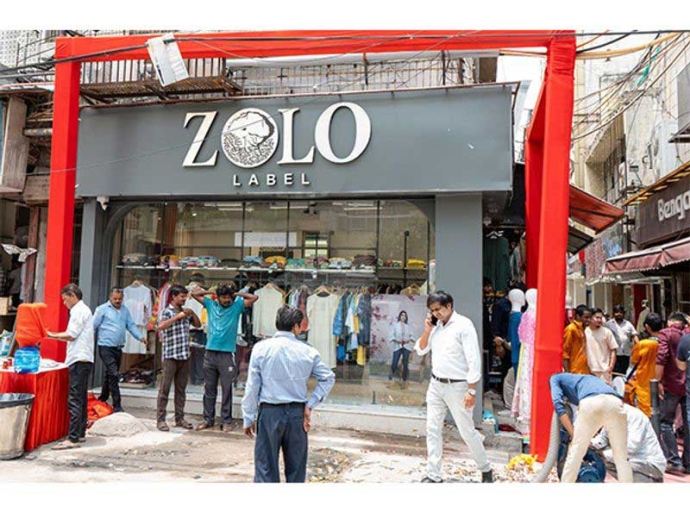Amazon India launches Amazon bazaar for budget-conscious consumers

Renowned e-commerce giant, Amazon is gearing up to expand its reach into a fresh market segment by introducing Amazon Bazaar, targeting the budget-conscious Indian consumer, according to a report by the Economic Times. This strategic move comes amidst a slowdown in demand for mass-market goods and a deceleration in Amazon's own growth trajectory.
Amazon Bazaar has commenced the process of enlisting sellers, encouraging them to showcase unbranded fashion and lifestyle items such as clothing, watches, footwear, jewelry, and luggage, all priced below Rs 600. The company's communication to merchants emphasised the opportunity to sell products through Bazaar without incurring additional charges, thus enhancing profitability for businesses.
Competing in this domain, Amazon Bazaar will contend with established players like Meesho, backed by SoftBank, and Flipkart's Shopsy, which have a strong foothold in the low-priced, unbranded product market. Departing from its usual emphasis on fast delivery, Amazon Bazaar targets delivery timelines of two to three days while offering a zero referral fee to merchants, a crucial incentive particularly for products with low average selling prices (ASPs).
A report by research firm Bernstein in January highlighted Amazon India's modest 13 per cent user growth in December 2023, trailing behind competitors like Flipkart and Meesho. To address this competitive landscape and reignite growth, Amazon is recalibrating its strategy in India, adapting to challenges posed by Meesho's market share expansion in segments like fashion and homecare.
The proposed zero referral fee and elimination of closing fees for the Easy Ship service aim to entice merchants to engage with Amazon Bazaar.
Moreover, Amazon recently injected Rs 830 crore into its Indian marketplace entity and Rs 350 crore into Amazon Pay, signaling a renewed commitment to growth in the Indian market after a year-long hiatus.
On a global scale, Amazon faces stiff competition, particularly in the United States, from Chinese online retailers such as Shein and Temu.
In response, Amazon is exploring hyperlocal delivery options and engaging in discussions with brands and sellers to offer faster delivery, especially for homecare and non-grocery daily items categories.
Latest Publications

































